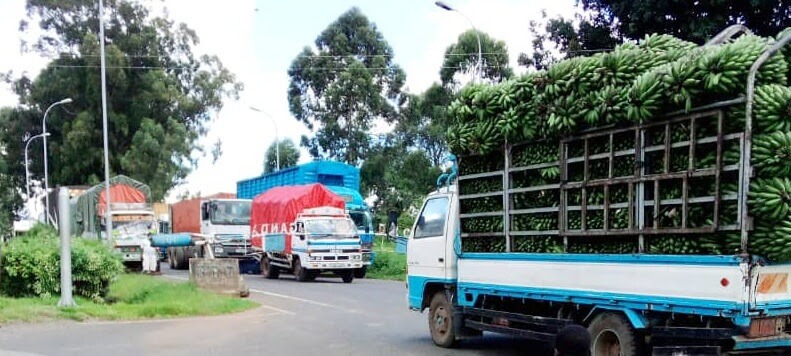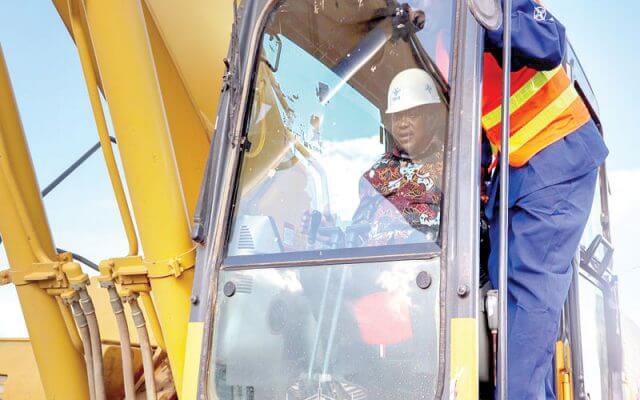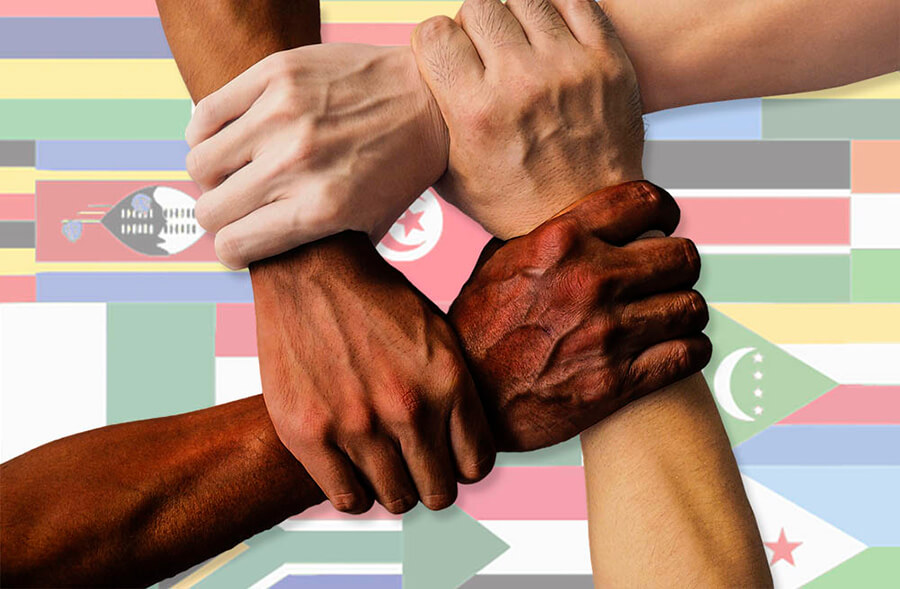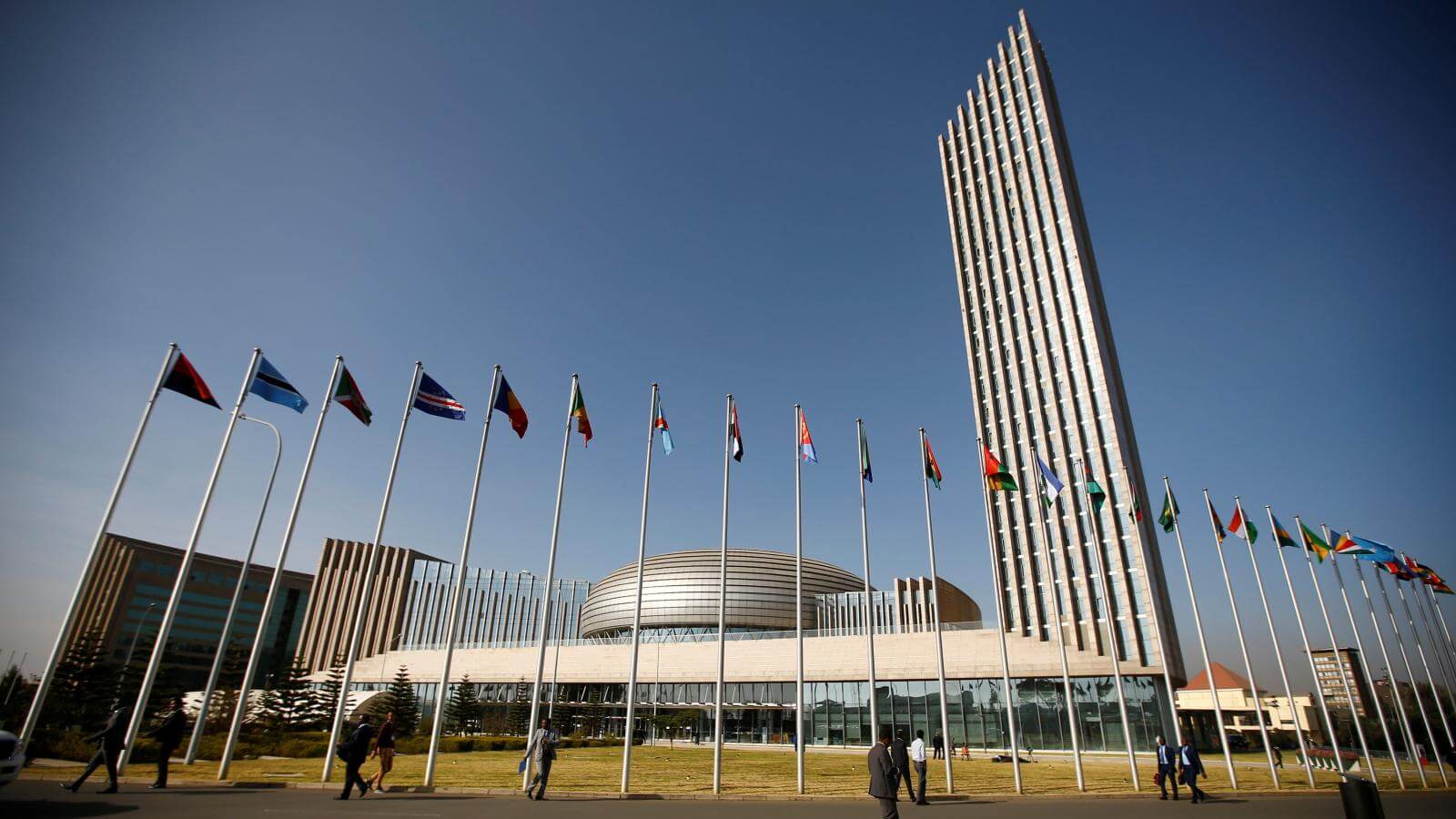Since the first case of Covid-19 was reported in the Great Lakes region in mid-March 2020, small scale traders have been unable to cross borders as they have traditionally done either to buy or sell goods. The regional supply of primary agricultural commodities, most of which are traded under the Simplified Trade Regime (STR), especially foodstuffs from surplus to deficit areas has also been disrupted by the long delays at borders as truck drivers wait to be tested for Covid-19 before crossing. To support cross border trade, which is the lifeline of a huge community in the region, the Great Lakes Trade Facilitation Project (GLTFP) engaged stakeholders to come up with innovative means of trading across the borders of the three countries covered by the project. These innovations are meant to ease the movement of goods and avoid food shortages. The project region covers eastern DR Congo bordering western Rwanda and Uganda. Subsequently, a new concept of bulk-buying has been developed whereby goods are procured in large consignments in collaboration with suppliers across the borders. This ensures there is no mass movement of traders crossing the borders. Led by the Cross-Border Traders’ Associations (CBTA), this concept has helped traders minimize the risk of COVID- 19 spread and allow safe trade. It consists of packaging similar goods from either side of the borders and moving them across the border using joint means of transport. This limits the movement of people to a strict minimum. Only the driver conveys the goods accompanied...
Bulk-Buying Solving COMESA Intra Trade Amidst COVID-19 Woes
Posted on: June 8, 2020
Posted on: June 8, 2020






















